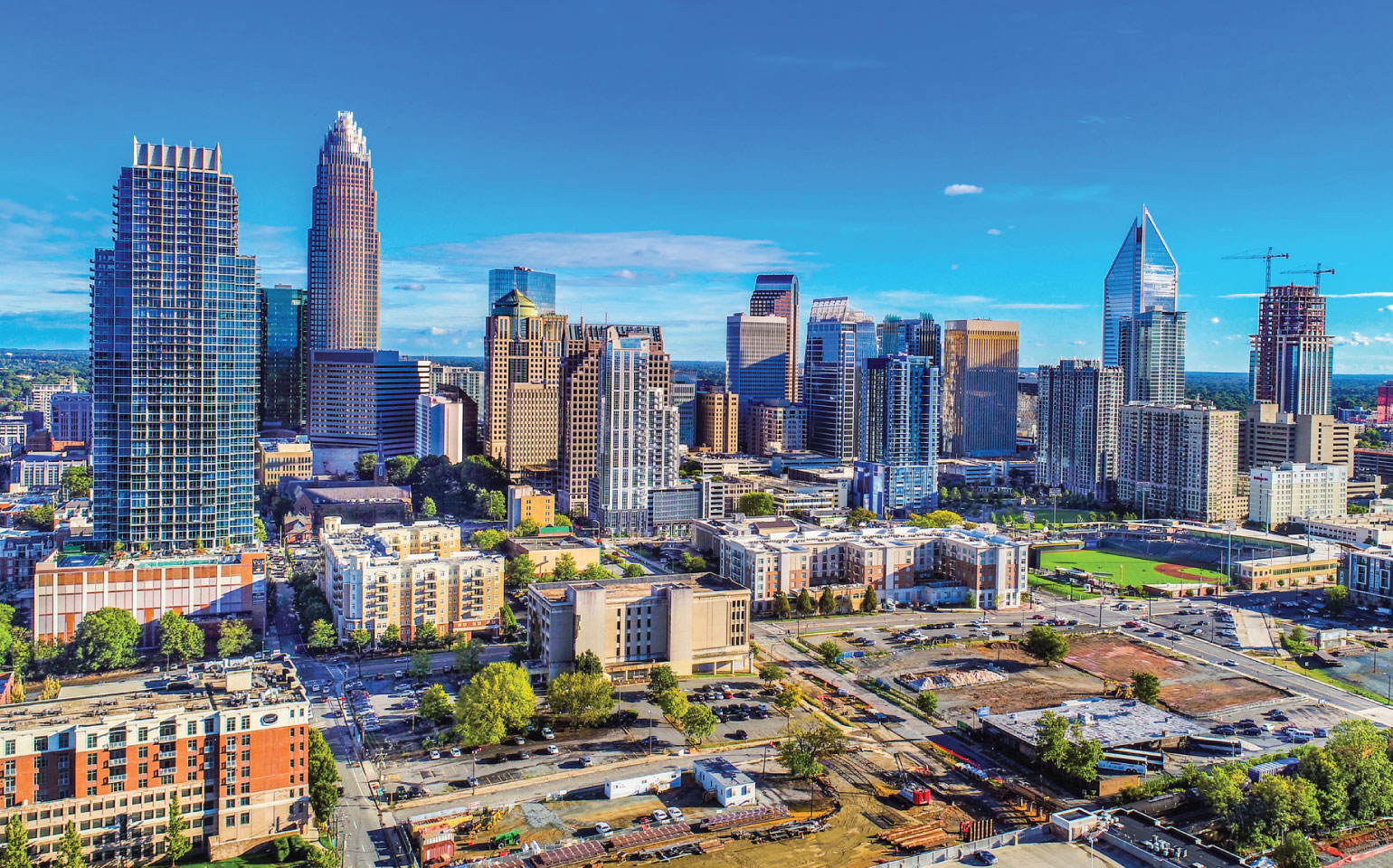Ten years ago the notion of Charlotte as a hotbed of innovation and design seemed improbable. That year, Mike Collins invited me to share my vision of Charlotte’s innovation scene on the Charlotte Talks radio show.
The city seemed stuck. Yes, there were local companies with private labs creating products for their customers, and a couple of start-up incubators helping local entrepreneurs. But while other cities in the nation were banging the drum of innovation as a recession solution (this was 2009), Charlotte seemed generally languid about applying design and innovation as a means toward positive change.
During that time, our firm, BOLTGROUP, had been practicing design thinking and innovation for more than two decades. But for the first 20 years our innovative approach was mostly for the benefit of companies in distant corners of North America and Europe, with very few clients here in our hometown. I longed for a Charlotte business community that demanded people-focused design thinking and innovation. And I dreamt of local facilities to coalesce creative people and creative processes to solve problems for the benefit of the community
Fast-forward 10 years to 2019, and it appears Charlotte companies have seen the light. Innovation centers are popping up faster than suburban malls were in the 90s. Each new center is announced with fanfare and promoted with photos of the requisite Post-it Note walls and VR headsets.
While most of these are private facilities, the democratization of design thinking gave rise to public innovation centers too, and I’m thrilled. Many are right here in South End, BOLTGROUP’s home base since long before the neighborhood had a geographic name and became a hot area.
It’s an exciting time for Charlotte. Here are just a few of today’s innovation centers:
EY’s Wavespace and KPMG’s Ignition Center—Primarily for clients of these two firms, but EY says they will publish monthly insights on the industries that impact Charlotte.
The 23-story Lowe’s Design Center Tower—Where some 2,000 techies and designers develop technology for future retail experiences.
The city government’s own Powerhouse Studio—Focused on urban planning and run by Charlotte’s newly titled department of “Planning, Design & Development” (It’s telling that they added “Design” to the name).
Duke Energy’s Optimist Hall Innovation Center—An excellent textile mill rehab where food, craft beer, open spaces, and great ideas merge to foster innovation. Duke Energy plans to bring in customers* to help brainstorm its innovations (*that’s everybody in Charlotte, I suppose).
Innovate Charlotte—Not so new, but still a unique mix of public / private funding with an innovation event space for mentoring entrepreneurs.
Clearly some of the impetus behind innovation spaces is marketing—positioning the owners as innovation leaders with their customers. However, I hope these facilities also grow to become public collision spaces—where people of different backgrounds and with different ideas, can design implementable innovation, leading to positive change for the people and businesses of Charlotte. Lastly, I hope they become innovation libraries—repositories of innovation successes, failures, and germs of ideas that might spawn the next great idea, and the next.
